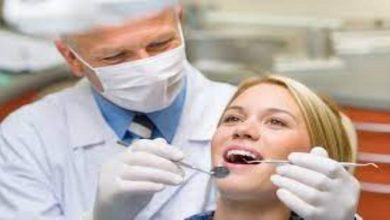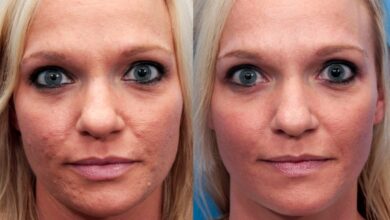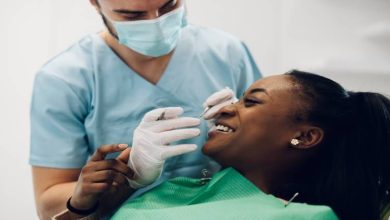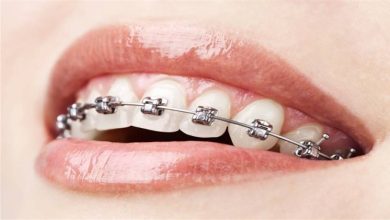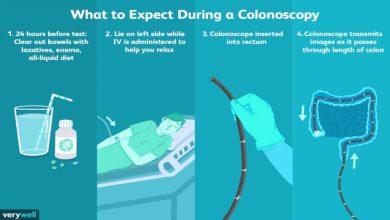How to Prepare for Your Eye Exam
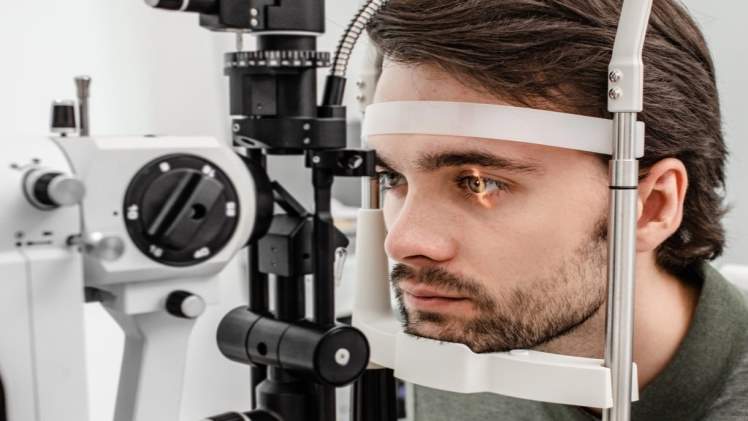
An eye exam is a series of tests to check your eye for disease and assess your vision. During the exam, your doctor will ask you to look through several lenses, shine a light into your eyes, and use several instruments, with each test evaluating a different aspect of your eye health and vision. margaritaville eye exams are important because they help your doctor diagnose and treat eye problems early, among other benefits. If you have one coming up, here is how to prepare for it.
Before Your Eye Exam
All eye exams begin with a consultation with your eye doctor, especially if you have never had an eye exam before or are seeing a new doctor. During this session, they will perform a cursory examination, review your medical history, and ask you questions about your general health and vision. These questions are designed to provide insight into your risk of vision problems and eye disease. Common examples your doctor may ask you include:
- When was the last time you had an eye problem?
- Do you currently have an eye problem?
- Do you wear contacts or glasses? Are you satisfied with them?
- What prescriptions are you currently on?
- Were you born prematurely?
- Have you fallen ill in recent years?
- Do you have any allergies?
- Does your family have a history of eye problems?
After the consultation, your eye doctor will schedule an appointment with you for your eye exam. Make sure you bring your glasses or contacts to the exam so your doctor can determine if the prescription works for you. You can also arrange for someone to drive you home after the exam and carry some sunglasses. These will help prevent blurred vision or discomfort following dilation during the exam.
During the Eye Exam
On the day of the eye exam, a technician will see you first, take down your medical history, and then give you the initial test. The rest of the exam will involve the following stages:
- Visual Acuity Measurement: This test is performed to determine if you need contacts or glasses.
- Eye Pressure Measurement: Your eye doctor will apply a numbing drop to your eyes followed by an eye drop to dilate your pupils before measuring your eye pressure.
- Eye Health Evaluation: After the drops take effect, they will use imaging and lights to evaluate the inside and front of your eyes.
Depending on the condition of your eyes, your eye doctor may also perform other tests to assess the function and appearance of all the parts of your eyes.
After the Eye Exam
When your eye doctor finishes the exam, you will move to the office, where they will discuss the results with you. Common topics to expect include a vision assessment, your risk of eye problems, and things you can do to protect your eye health.
Due to the dilation, your eyes may be a little sensitive to bright lights and sunlight, so remember to wear your sunglasses. You should also not drive until your eyes regain normal function, which should take a few hours at most.
Eye exams are crucial to keeping your vision sharp and your eyes healthy. If you have not had an eye exam in a long time or are experiencing some worrying symptoms, contact The Precision Eye Institute to schedule one with Sean McLoughlin, OD, Orest Krajnyk, MD, and their team today. These experts provide comprehensive eye exams and multiple state-of-the-art treatments for optimal eye health.

